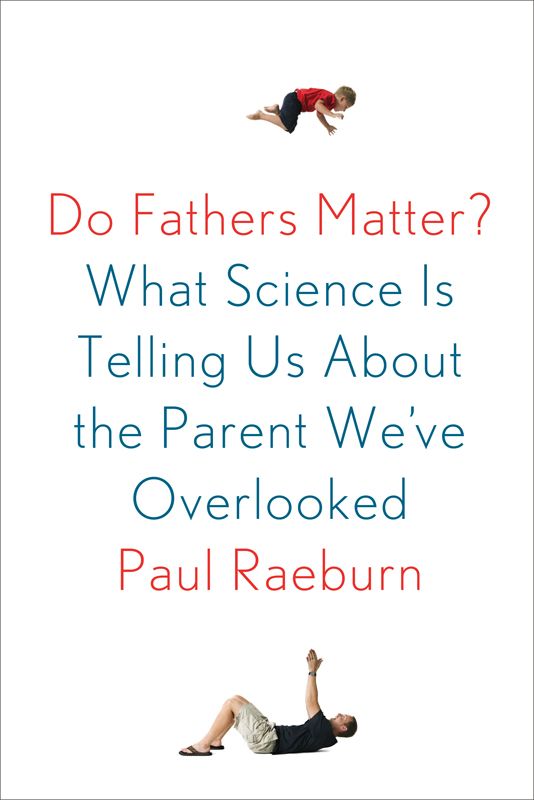
Do Fathers Matter?
What Science Is Telling Us About the Parent We've Overlooked
کتاب های مرتبط
- اطلاعات
- نقد و بررسی
- دیدگاه کاربران
نقد و بررسی

March 17, 2014
While his central premise might beg the question for any reader who has keenly felt the presence or absence of a paternal figure, science reporter Raeburn (Acquainted with the Night) isn’t out to chide “nontraditional families” but rather wants to “push back against the conventional wisdom” and “replace stereotypes and half-truths” with real data about the relevance of fathers to the family unit, from both sides of the father-child equation. Here he addresses topics ranging from paternal impact on genetic programming and social development to the father’s hormonal changes from conception through infancy. Whisking readers through research in evolutionary biology, psychology, sociology, and genetics to provide a “new understanding of the biology of fatherhood,” Raeburn is on comfortable ground discussing the hard science, such as the discovery of imprinted genes, and his personal concern about the “medical price” paid by older fathers. However, Raeburn pulls his punches when addressing research that suggests “disturbing problems” caused by absent fathers (poverty, promiscuity, delinquency) and instead offers uncontroversial recommendations for public policies that allow dads more time with their kids. That said, Raeburn’s attempt to promote the modern father as a “similarly nurturing and attentive” parent might indeed help, as he hopes, prompt a more informed cultural conversation. Agent: Beth Vesel, Irene Goodman Agency.

May 15, 2014
How science is providing new insights into the importance of the father figure.In the United States, the cultural model for being a "good father" has become diffuse and conflicted. It's interesting that Raeburn (Acquainted with the Night: A Parent's Quest to Understand Depression and Bipolar Disorder in His Children, 2004, etc.) titled the book "Do Fathers Matter?"-that's one of the few questions about fathering that continues to have a clear answer. Yes, they matter, but how, and in what way? The author, chief media critic for the Knight Science Journalism Tracker site at MIT, traces the historical roots of gender-based division of labor, noting the origins of food gathering, protection and cooking and how those duties remained entrenched through tens of thousands of years. He argues that the combination of this long precedent coupled with increased pressure to be an equal partner at home has led to the creation of a "male mystique" that leaves many men pressured to be all things to all people-a paradigm as damaging as the "feminine mystique." Raeburn considers how the male presence can sculpt a newborn and how the father is, in turn, also sculpted by the infant. Some of the author's observations are anecdotal-how many of the magazines in your pediatrician's office are parenting magazines aimed at women?-but they frequently serve as backdrops for other data regarding how men interact with their children and the children's mothers. The book spans conception to the teenage years, environmental biology and zoology to commercials for bleach and diapers. At times, the narrative reads like an overstuffed binder of research and ideas, with no clear direction to help structure the facts and theories into a set of complete arguments.As food for thought, the book provides an ample helping for anyone willing to look at the ways fathers are portrayed, the realities of male parenting and all the gray areas in between.
COPYRIGHT(2014) Kirkus Reviews, ALL RIGHTS RESERVED.

























دیدگاه کاربران